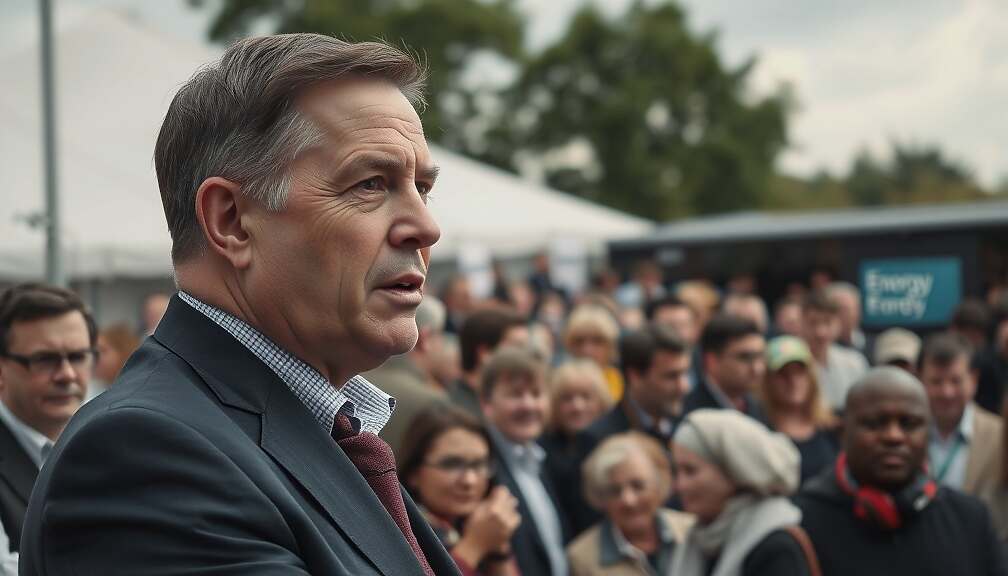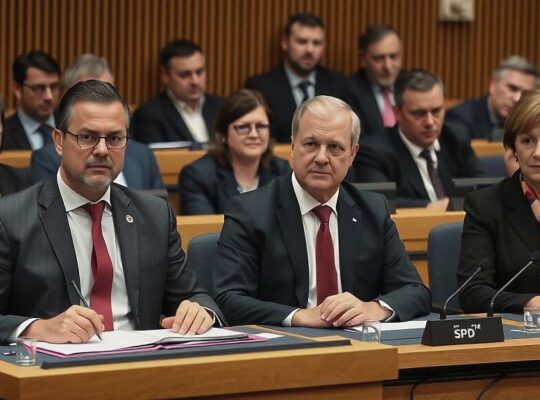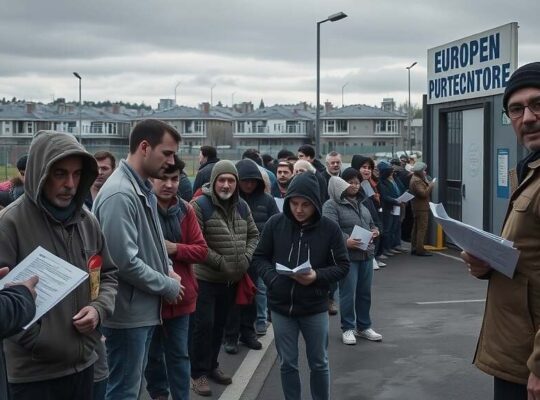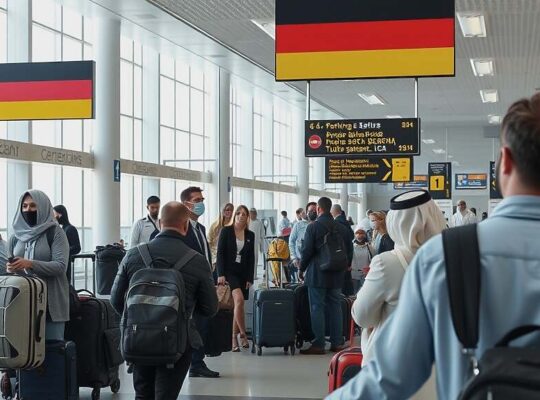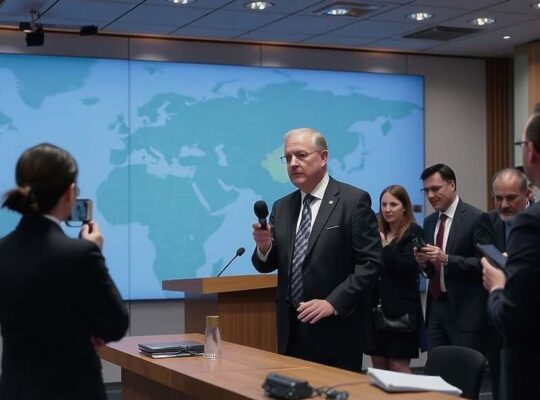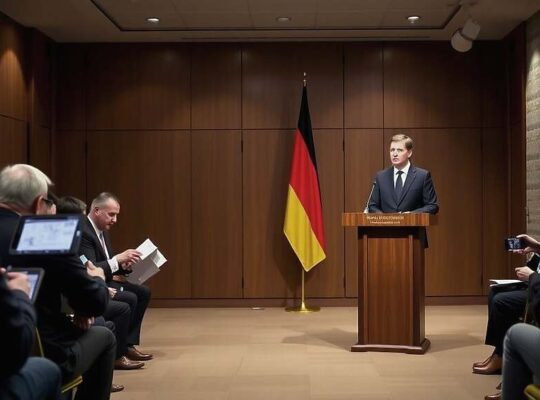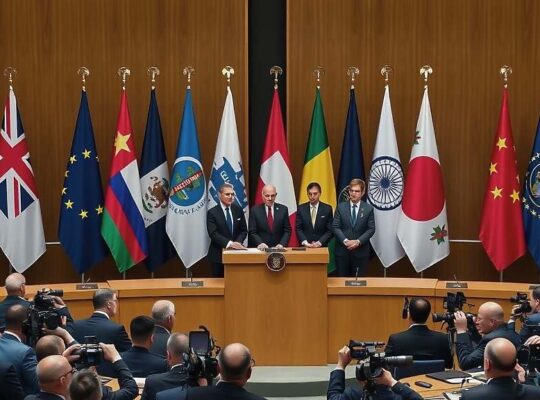A leading energy policy spokesperson has cautioned that ending subsidies for new solar installations could significantly hinder growth in the sector. Michael Kellner, energy policy spokesman for the Green party in the German Parliament, stated that removing the feed-in tariff for new solar projects would “stifle expansion.
Kellner highlighted the substantial private investment seen in Germany’s energy transition in recent years, arguing that slowing this momentum would be a detrimental step. He previously served as Parliamentary State Secretary in the Ministry of Economic Affairs.
Currently, smaller solar installations receive financial support through the feed-in tariff. However, Federal Minister for Economic Affairs, Katherina Reiche, has indicated a review of whether this system will continue.
Kellner emphasized the advantages of rooftop solar, pointing out its reduced potential for land-use conflicts compared to larger photovoltaic parks. “Roofs are often simply unused infrastructure” he noted. “It’s much better to cover them with photovoltaics now than to erect large plants in the landscape that seal off areas and compete with agriculture.
The current pace of expansion in both wind and solar energy is falling short of targets set by the Renewable Energy Sources Act. Approximately 8.9 gigawatts of new capacity has been added this year, lagging behind the annual goal of 18 gigawatts. Targets increase to 22 gigawatts annually from 2026. Progress in wind energy is particularly slow, with only 2.4 gigawatts achieved against a 2025 target of 8 gigawatts, representing 30% of the goal.


